by Brandi Ellisor, MSN, RNC-OB, CLC
Brandi Ellisor, MSN, is the clinical coordinator for Lexington Medical Center's Labor & Delivery unit. She recently wrote about her experience caring for pregnant women with COVID-19. Her diary was part of a Post and Courier story about healthcare workers on the frontline of the COVID-19 surge.
It’s not uncommon to have a visitor, staff member or even other nurses examine your hospital badge in the elevator or in the cafeteria. Afterall, I wear my credentials and my specialty like a badge of honor. Not every health care worker is made for Labor and Delivery. I will commonly hear, “You are so lucky to work in the happiest place in the hospital!” And they were right, until this most recent COVID surge.
With the initial COVID-19 surge in 2020, our biggest concern as an OB unit was the “surge” that would come nine months later following a nationwide shut down. We awaited the almost certain baby boom that we would experience. We wrote policies and procedures to keep our mothers and babies safe in the unlikely event that a mother got admitted in labor and was COVID positive. We came up with a safety plan for during and after delivery and typically mother and baby were discharged 2-3 days later with their health intact.
I want to be back there. I never thought I would want to go back to 2020. This third surge is very different. Whereas previous strains affected the elderly and those with co-morbidities, this strain does not discriminate. It looks for a host to overtake. Unfortunately, it has moved on to our young, otherwise healthy pregnant patients. We used to be concerned about how soon we would reunite our COVID positive mothers with their babies. Now we hope that our COVID positive mothers will meet their babies at all.
Our patients are coming in with mild symptoms and within days they are requiring high levels of oxygen. During this last surge, there have been multiple patients requiring intubation. Some of these intubated patients had babies delivered emergently and some remained pregnant because the risk of pre-term delivery was too great. That has always been a challenge in Labor and Delivery. It’s always a delicate balance to take care of two different patients in one body. This pandemic has made this balance much more complicated.
I knew this surge was different when I watched a healthy pregnant woman struggle to breathe. How many times had I taken for granted that the only time I saw my patients breathless was during pushing? That breathlessness is temporary and ends in joy. These images have been replaced with images of patients breathing rapidly and gasping for air. I cannot unsee the fear all over their face when they are rushed to an emergency cesarean section knowing they will end up on a ventilator or worse. The worst part of my career to date is watching their fears become reality.
I wish that was only my reality but it’s not. It’s the reality of all the OB health care workers across the nation. We hold our breaths and our hearts beat fast as we get our assignments knowing that we will be giving life-saving care to another infected OB patient. But we do it because we are fortunate enough to have air in our lungs and a heart that beats. We put on a brave face and don our PPE because we are the frontline.
To read the Post and Courier's full article, click here.

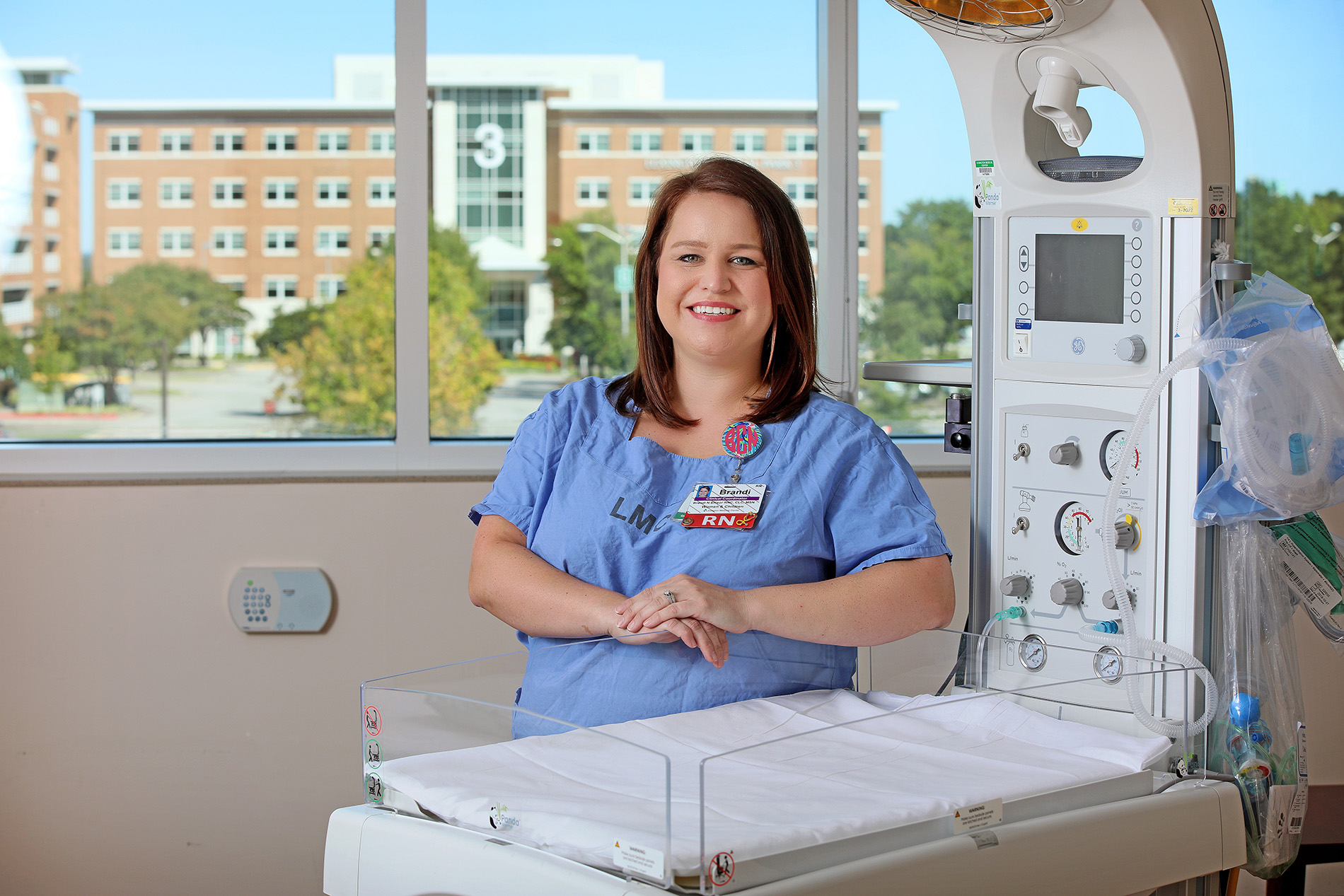
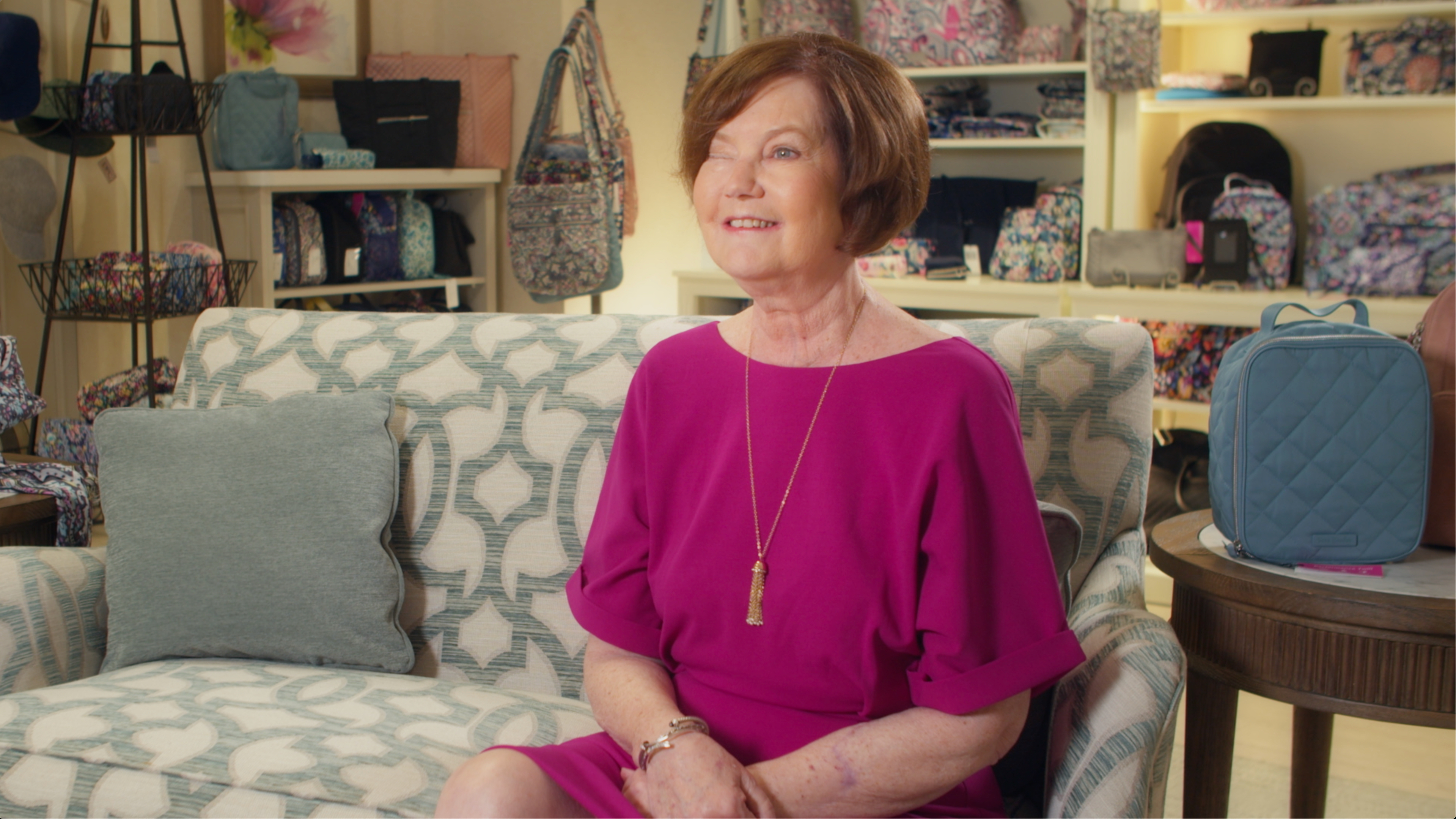
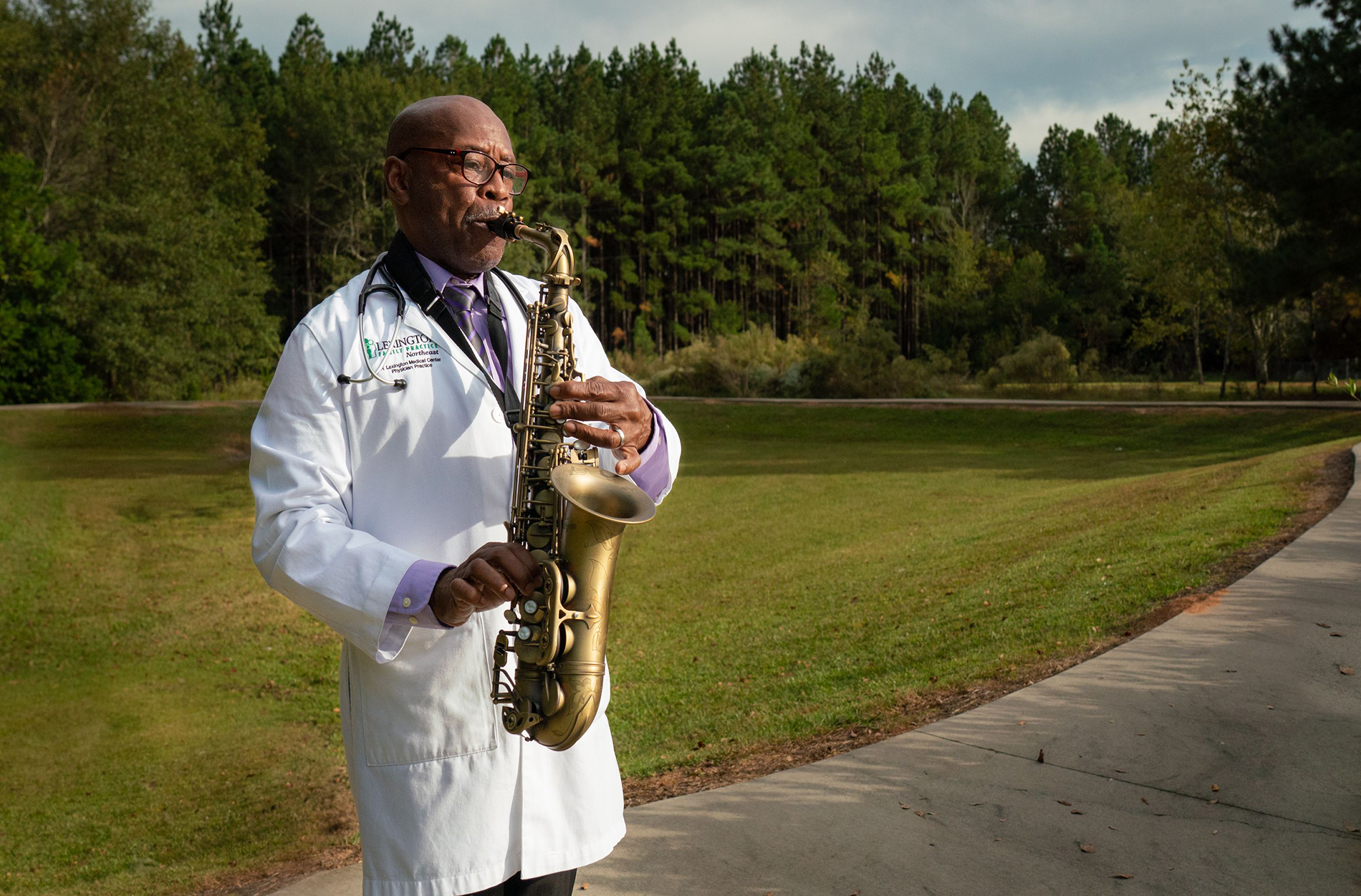
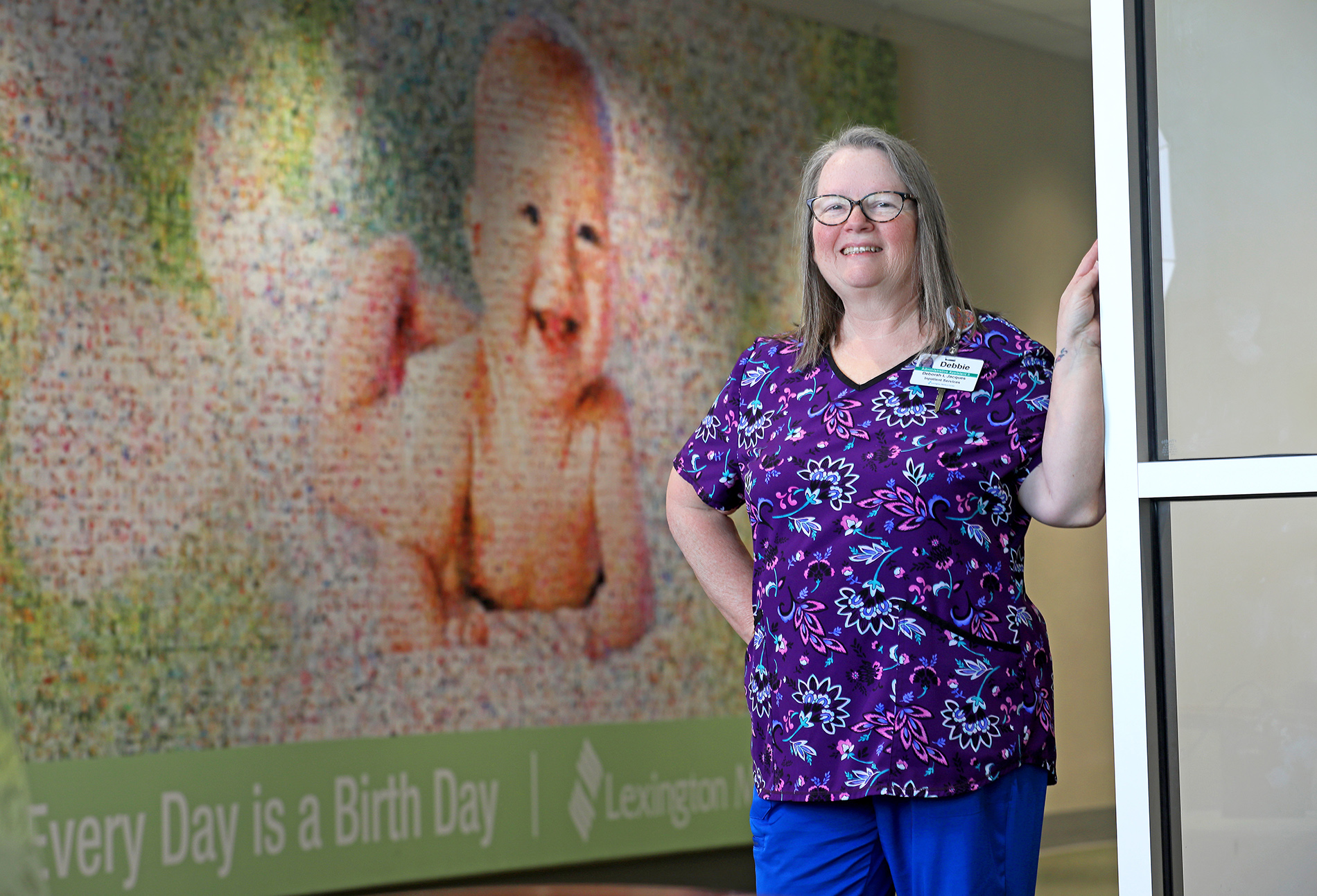
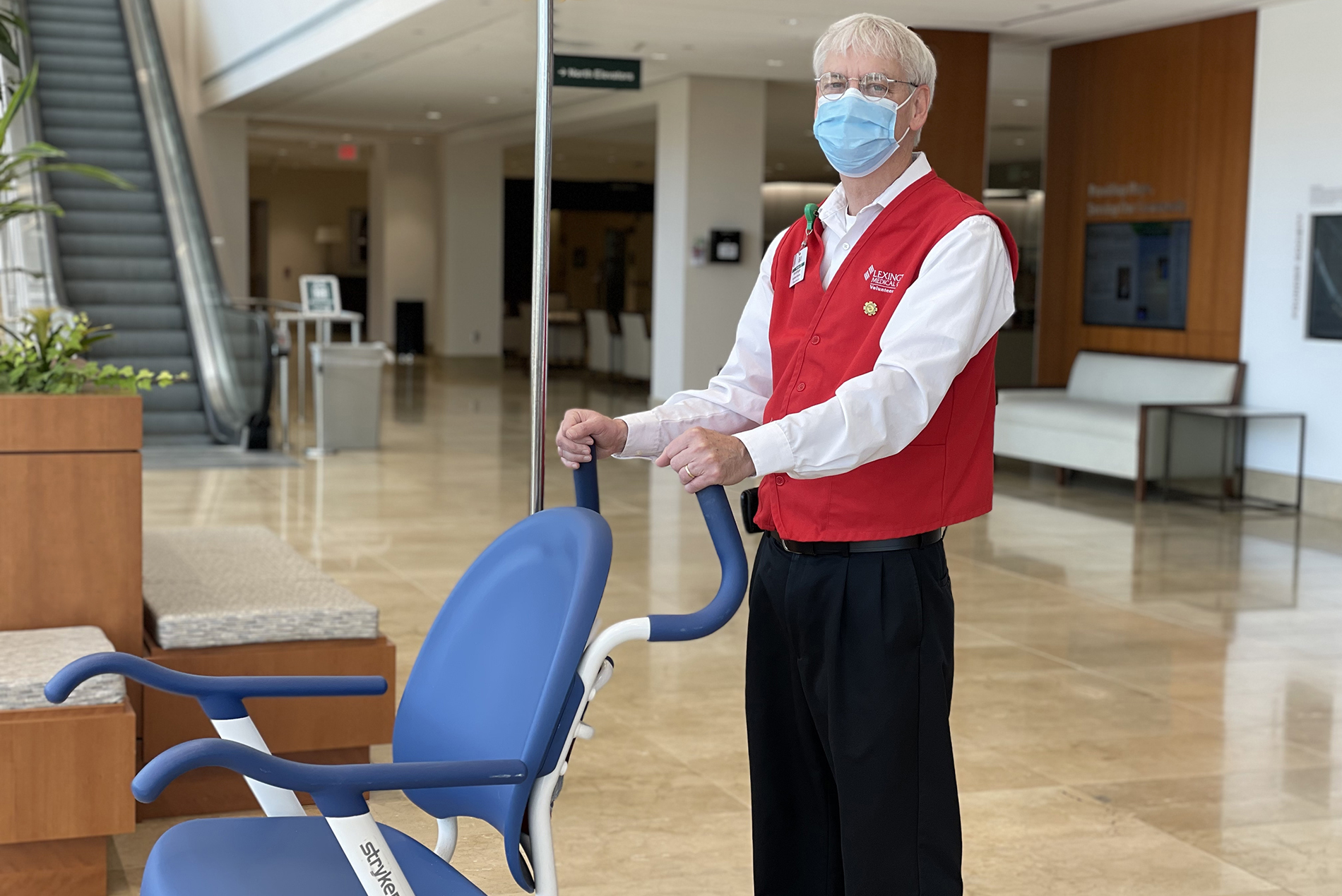
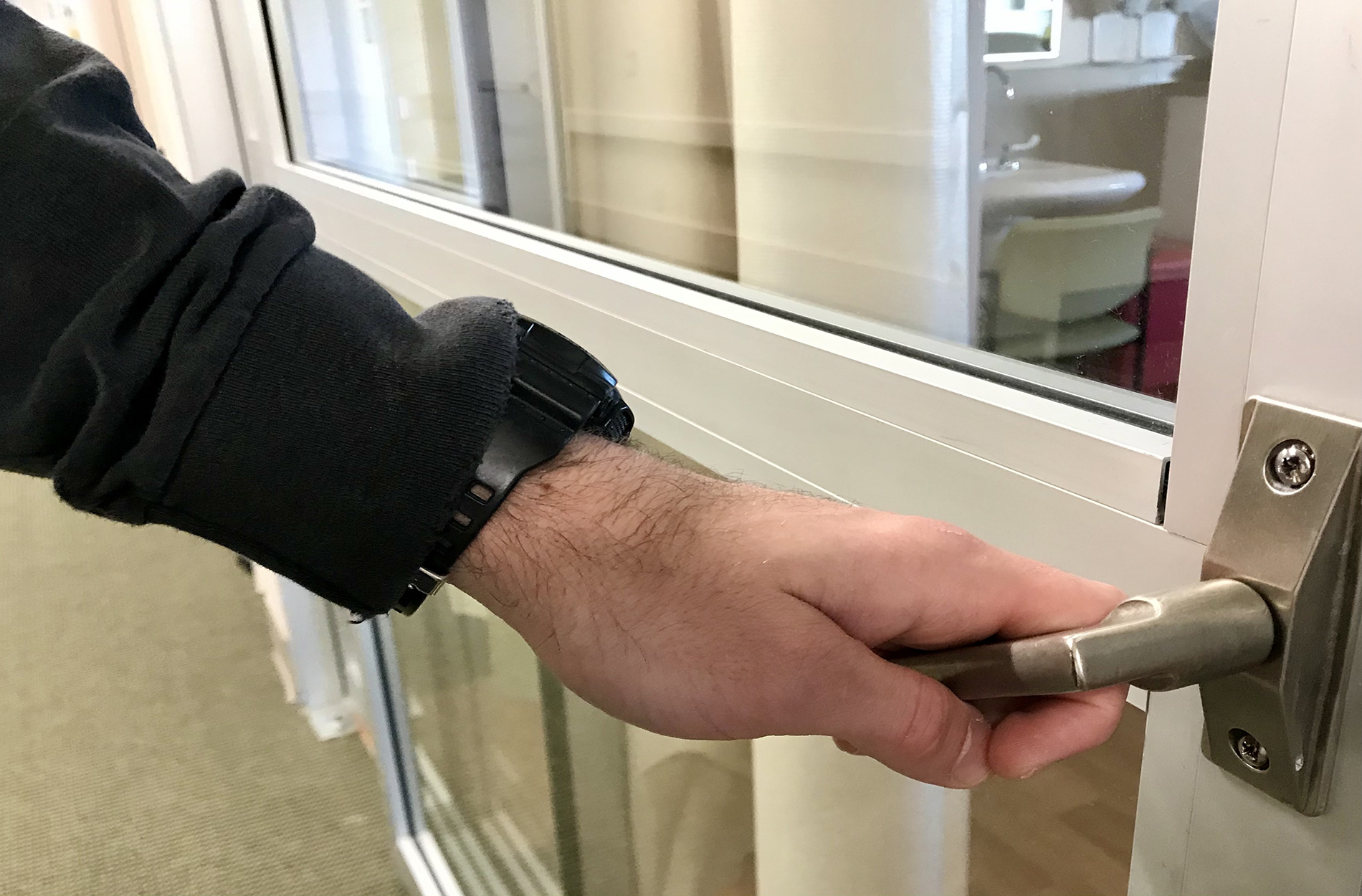
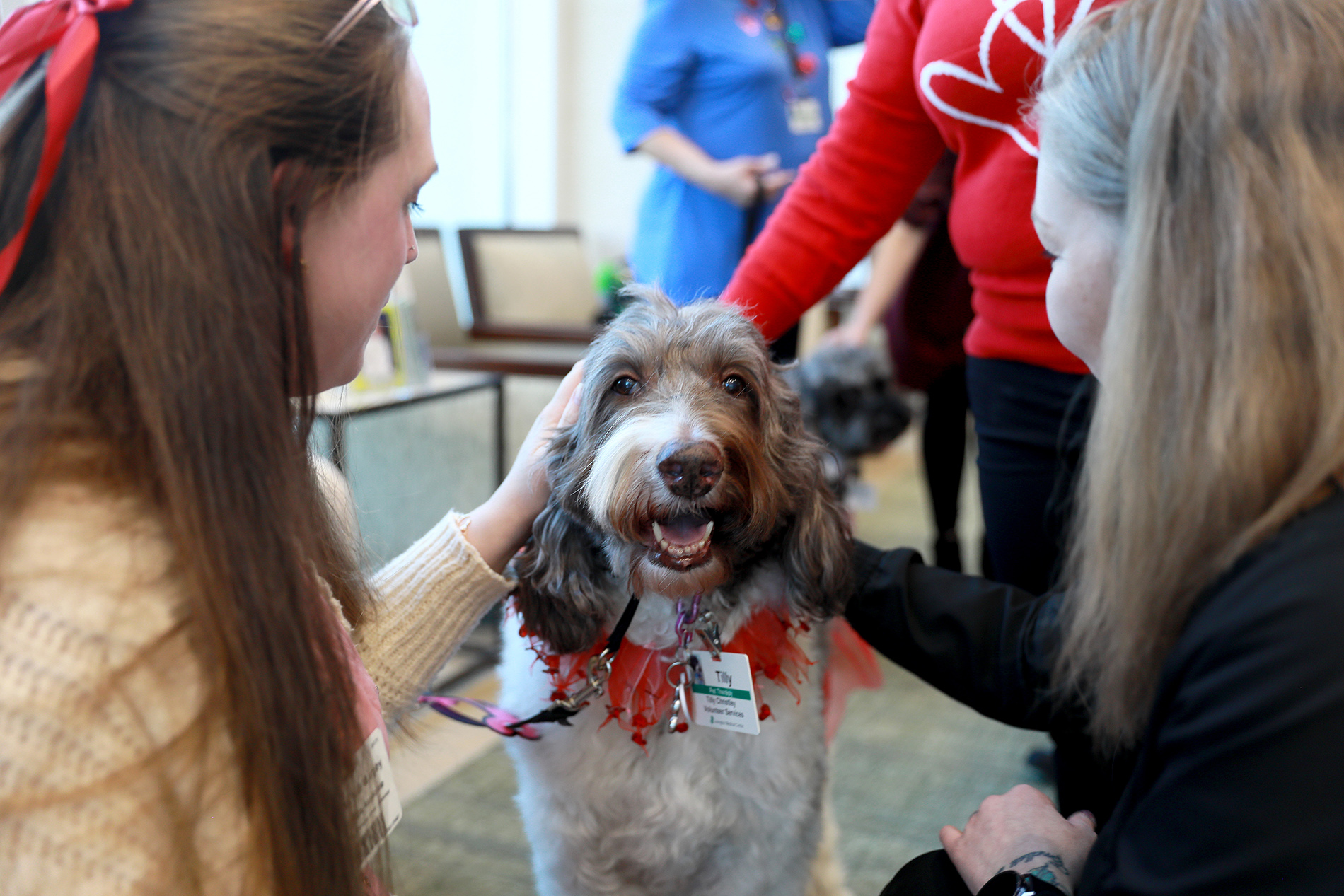


Leave a comment